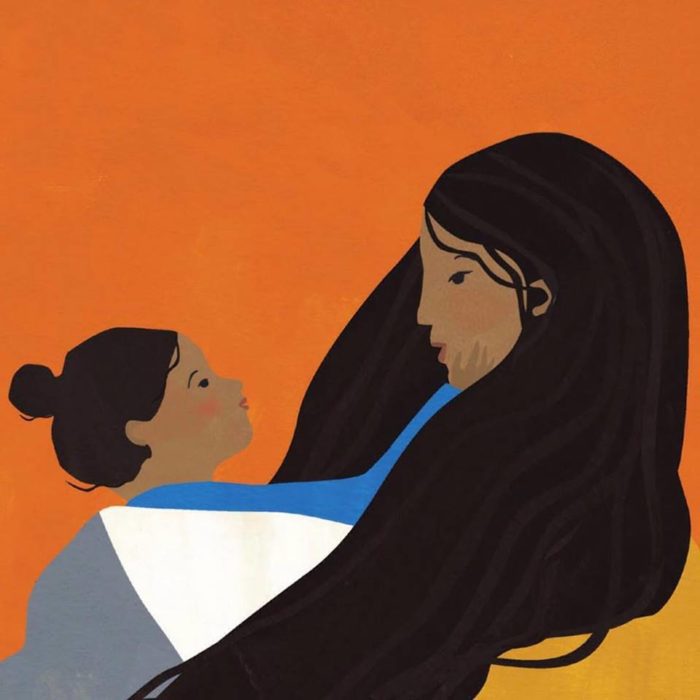
I don’t want to be a silent bystander on the brutality that continues to rain down on and rein in black bodies in this country. We must make it stop. But I don’t want to speak—I want to listen. And so I’m not sure how to best share links today. At times, in the past couple of days, I have felt overwhelmed by the number of resources being shared—on Twitter and Instagram—and I worry that too many links to follow might lead to none. But I’m also encouraged by that whelm, by that overwhelming rise of voices. I hope they stay. I want to keep listening, even when it is uncomfortable.
I can tell you about the resources I’m looking for today:
I’m looking at sites like the Children’s Community School, and The Conscious Kid who writes “Adults’ silence about these patterns and the structural racism that causes them, combined with the false but ubiquitous ‘American Dream’ narrative that everyone can achieve anything that they want through hard work, results in children concluding that the patterns they see ‘must have been caused by meaningful inherent differences between groups.’ Change starts, as they say, around the dinner table. Here is the school’s list of social justice resources for families.
I’m looking for articles that help me reframe my own narratives about the right or wrong ways to protest when justice can’t be achieved by engaging the system, like this one. In 1967, Martin Luther King said: “I think America must see that riots do not develop out of thin air. Certain conditions continue to exist in our society which must be condemned as vigorously as we condemn riots. But in the final analysis, a riot is the language of the unheard. And what is it that America has failed to hear?”
I’m looking inward at where I’ve been complicit (how many of these socially acceptable items listed have I been involved in or benefitted from)?
I’m remembering the impact that literature and stories have had in my growing understanding of privilege and oppression in America—in particular stories by authors like Nella Larsen, Colson Whitehead, James Baldwin, and Ta-Nehisi Coates, and making a commitment to add more stories by contemporary black writers, like Jesmyn Ward, Chimamanda Ngozi Adichie, and Yaa Gyasi, to my reading list. I’m looking for those lists, like this one.
I’m re-visiting the 1619 project. (And recommend it to everyone.)
I’m finally ordering the book Gary Younge wrote, Another Day in the Death of America, about shooting deaths in America. We went to hear the journalist speak earlier this year and his pointed questions about how we talk about crime and people of color have rung in my ears since. Here’s a wonderful essay he wrote for The Guardian a few years back, on the eve of returning to London. I would next like to read White Fragility.
But others have put together far more comprehensive lists of links and resources, if you would like to have a look:
Anti-racism resources compiled by Sarah Sophie Flicker, Alyssa Klein in May 2020.
75 Things White People Can Do for Racial Justice
And a stunning list of quotes from today’s news:”Listening to Black Voices Amid Murder, Violence, Protest, and Pandemic.”
There are so many hair-raising, head-turning upsets right now. It’s hard to keep focus! The news feels like cymbals crashing over a steady beat of more mundane (but still serious) concerns about our own family’s homeschooling and jobs and health. I think the way forward must involve some patience with oneself. The systems involved—from mass incarceration to housing discrimination to generations of wealth acquisition—will not be dismantled in one day and it will take laying down a new track, a more complex baseline of behaviors and understandings to bring about systemic justice.
But today we must call for justice for George Floyd. And then we can’t give up. Wishing everyone fortitude along the way.
[Illustration by Julie Flett from the book My Heart Fills With Happiness by Monique Gray Smith via The Conscious Kid]

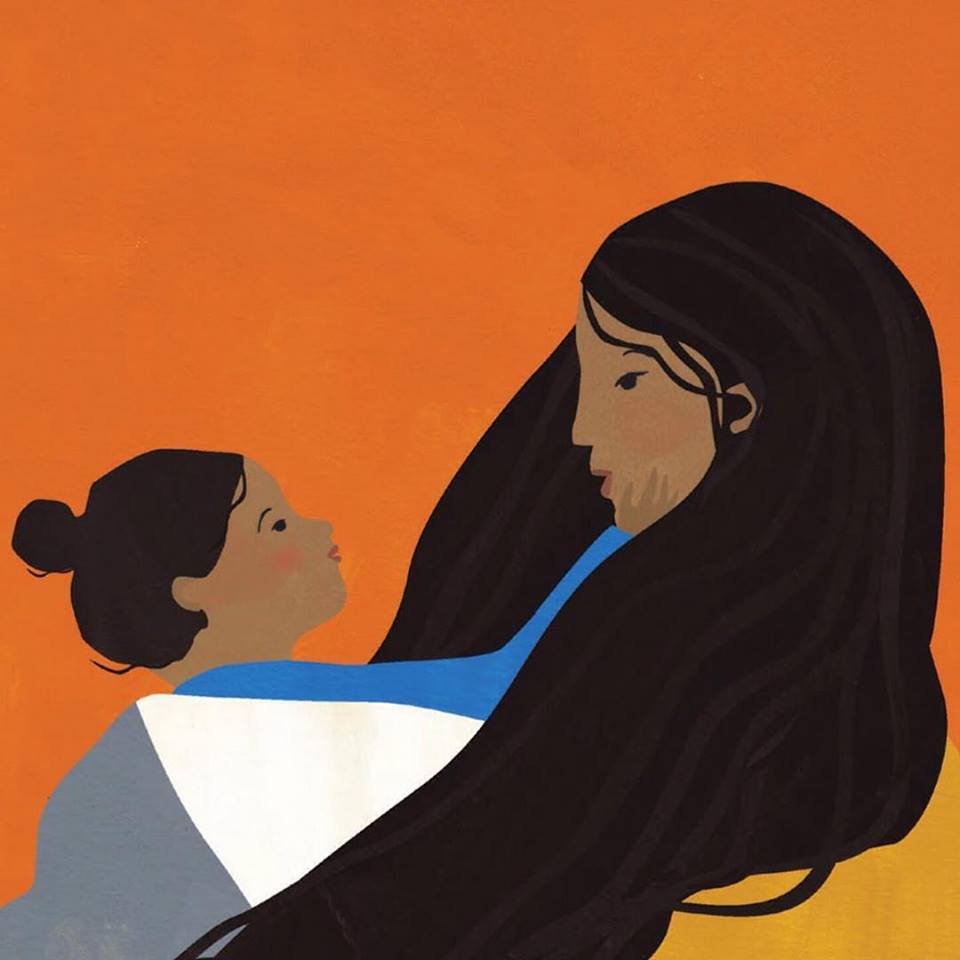
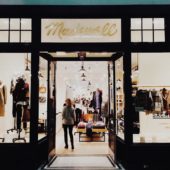


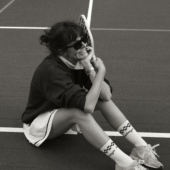
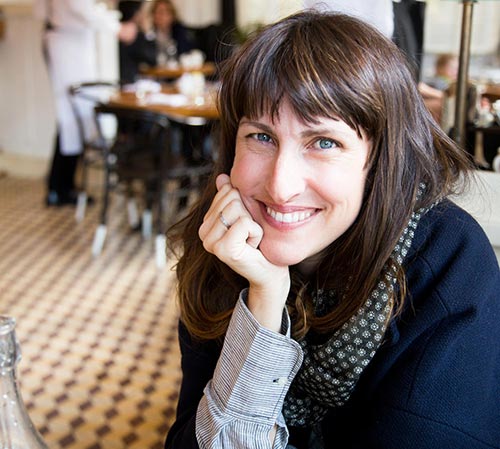




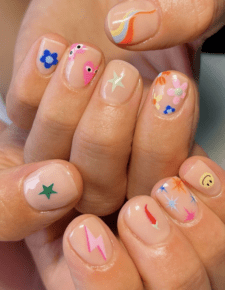
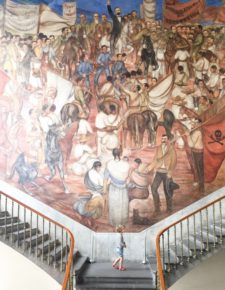











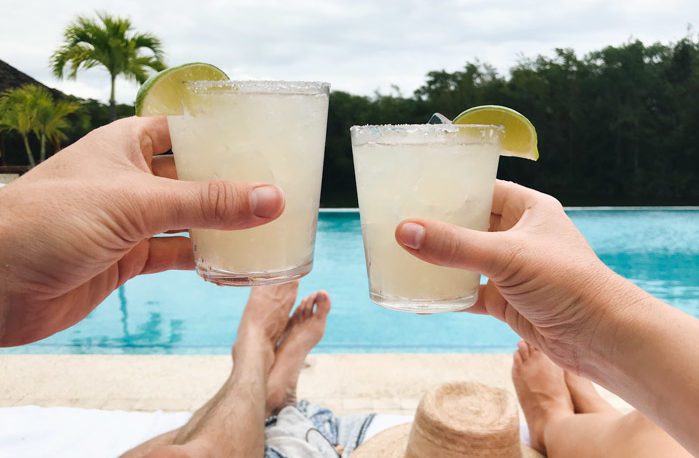
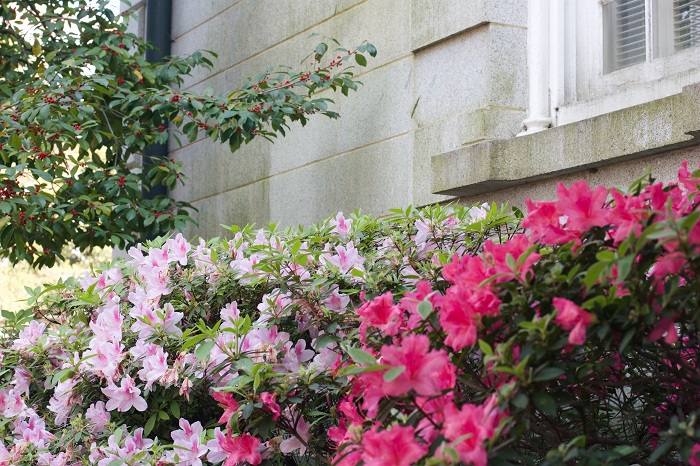

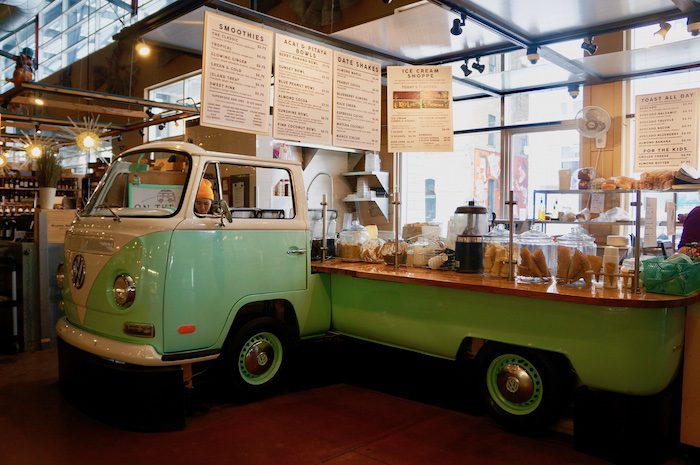

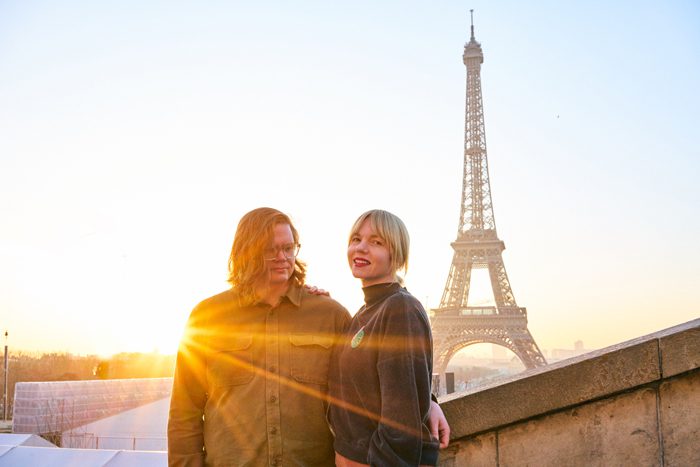
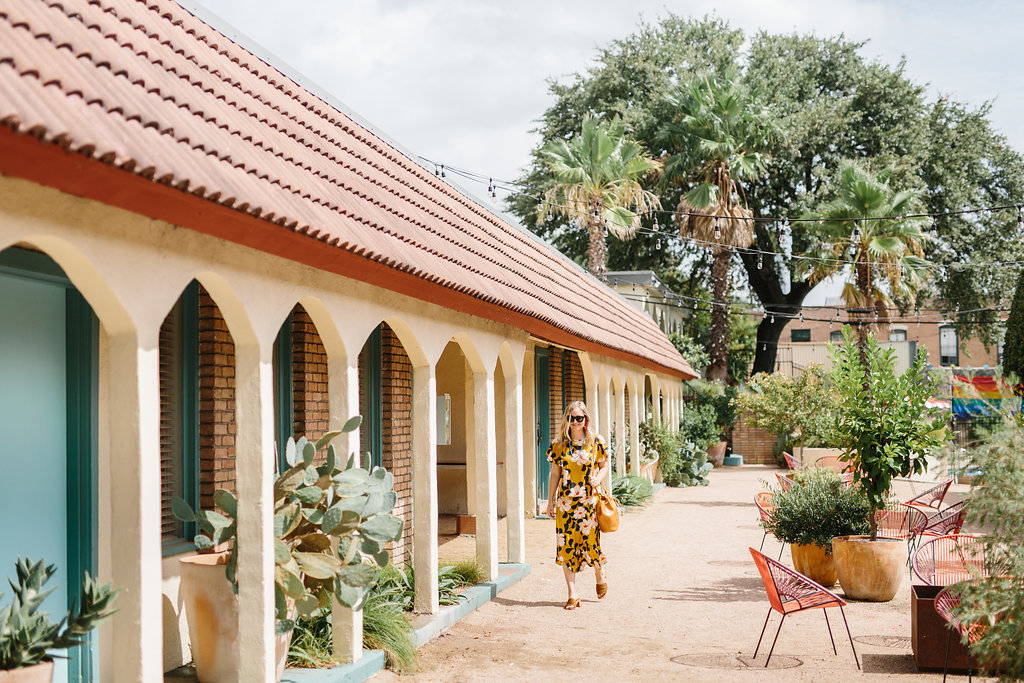






8 Comments